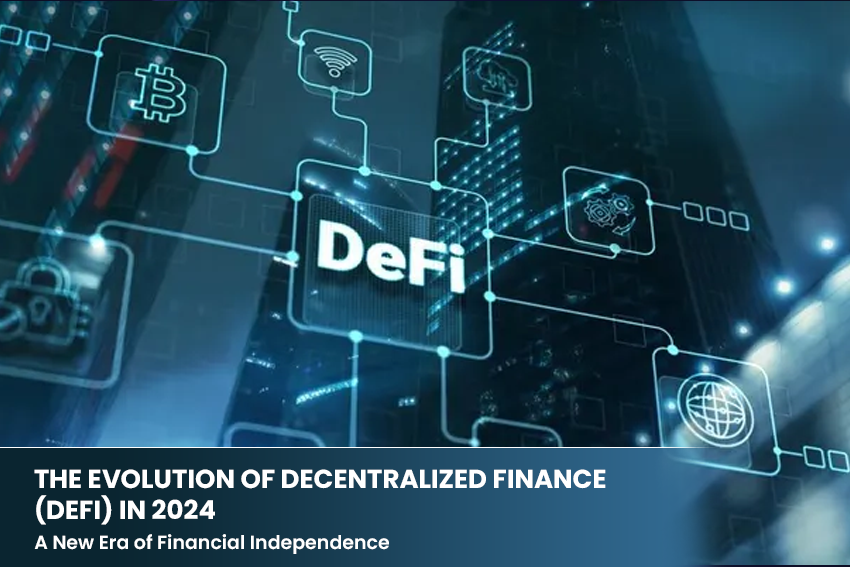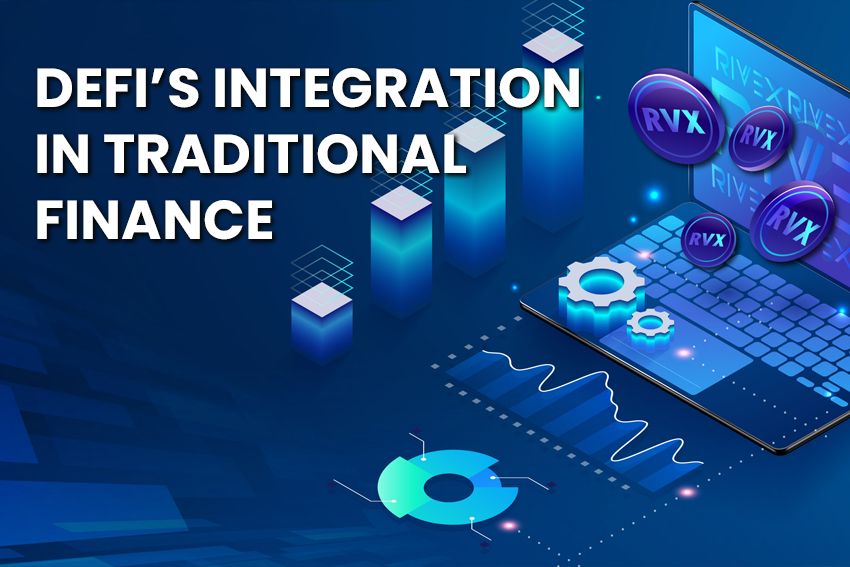
Introduction
Decentralized Finance, commonly referred to as DeFi, has been a revolutionary force in the world of finance and blockchain technology. Since its inception, DeFi has been reshaping how individuals and businesses perceive and interact with financial services. From a niche concept in the early 2020s to a burgeoning ecosystem in 2024, DeFi’s journey is a testament to innovation, resilience, and the relentless pursuit of financial democratization. This blog explores the significant advancements in DeFi over the past few years, highlighting the key developments and what they mean for the future of finance.
Advancements in DeFi Platforms
The landscape of DeFi platforms in 2024 is vastly different from its early days. There has been a surge in new platforms offering a variety of services, from lending and borrowing to complex derivative trading. Innovations in smart contract technology have led to more secure, efficient, and interoperable platforms.
Feature Enhancements
Modern DeFi platforms are equipped with advanced features like automated yield optimization, improved liquidity pools, and integrated insurance services for deposited assets. The user experience has also seen substantial improvements, making DeFi more accessible to a broader audience.
Security Improvements
Security in DeFi has always been a paramount concern. In 2024, we see the adoption of more robust security protocols, including multi-layered authentication processes, enhanced smart contract auditing, and real-time monitoring systems. These advancements have significantly reduced the risks of hacks and scams.

DeFi’s Integration in Traditional Finance
One of the most notable developments in DeFi is its growing integration with traditional financial systems.
Bridging the Gap
Banks and financial institutions are increasingly adopting DeFi protocols to offer decentralized products to their customers. This integration allows users to enjoy the benefits of DeFi, such as higher yields and lower transaction costs, while maintaining the reliability and trust associated with traditional financial institutions.
Regulatory Environment
The regulatory landscape for DeFi has evolved, with many governments and financial authorities developing frameworks to accommodate and oversee DeFi operations. This regulatory clarity has been a crucial factor in fostering trust and stability in the DeFi ecosystem.
Emerging Trends in DeFi
The DeFi ecosystem in 2024 is not just about lending and borrowing; it has expanded to include various innovative trends.
Yield Farming and Liquidity Mining
Yield farming and liquidity mining continue to be popular, offering users the opportunity to earn rewards by providing liquidity to DeFi protocols. These mechanisms have evolved to be more user-friendly and efficient, attracting a larger pool of participants.
Role of DAOs in DeFi Governance
Decentralized Autonomous Organizations (DAOs) have become central to the governance of DeFi platforms. They allow for a more democratic and transparent decision-making process, where token holders can vote on proposals related to platform development and management.
Tokenization of Assets
The tokenization of real-world assets like real estate, art, and commodities has opened new avenues in DeFi. This trend has not only expanded the scope of DeFi but also provided a bridge between digital and traditional asset classes.
Challenges and Future Outlook
Despite its impressive growth, DeFi still faces challenges. Scalability and high transaction costs on popular blockchains like Ethereum have been a bottleneck, though Layer 2 solutions and alternative blockchains are emerging to address these issues.
The future of DeFi looks promising. With ongoing innovations, increased regulatory clarity, and growing mainstream adoption, DeFi is well-positioned to play a pivotal role in shaping the financial systems of tomorrow. Its potential to offer more inclusive, efficient, and transparent financial services makes it one of the most exciting developments in the world of finance and technology.



Comments (No)